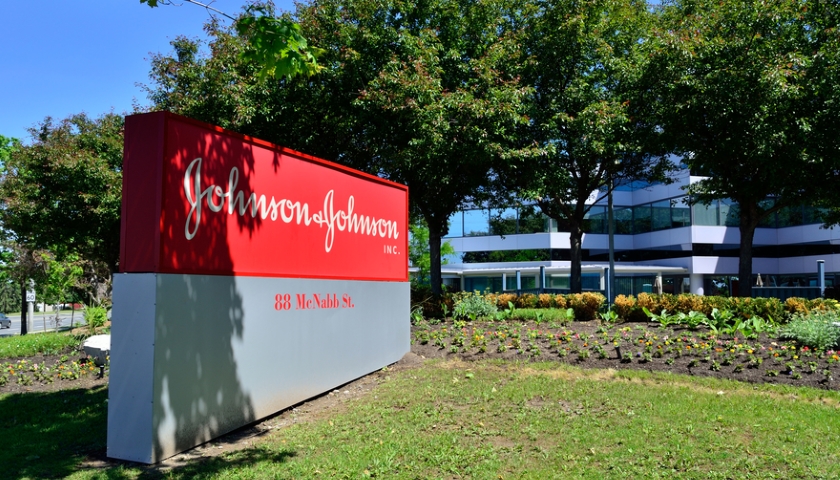J&J brushes off concerns over talc, opioid and Risperdal litigation

Johnson & Johnson has brushed off investors’ concerns over the many lawsuits it is facing, saying its legal team will overcome the litigation issues that have dominated headlines over the last few months.
J&J is facing lawsuits on three matters – the safety of schizophrenia drug Risperdal, numerous cases related to its role in the US opioid addiction crisis, and a raft of claims that its talc products could be linked with cancer.
As reported by pharmaphorum last week, a court has ruled that J&J should pay $8 billion in damages to a man who claimed the firm failed to inform him about the side-effects of the drug before he went on to grow breasts.
Chief financial officer Joe Wolk told analysts in a conference call announcing J&J's third quarter results that the amount awarded by the court was “egregious” and will likely be reduced on appeal.
On the many cases related to opioids, Wolk noted that the firm had less than 1% of market share in one of the worst affected states, Oklahoma, and in all areas expects to reach settlements as this would ensure compensation goes to victims of opioid addiction.
With the many talc-related cases, he pointed out that the FDA has backed the safety of the product, and said that there was not a single fully adjudicated case that had gone against the company.
He noted that J&J won three talc cases last week. He added: “We have a small great legal team working on these matters, we continue to be focused trying to bring better solutions and better innovation to healthcare, that will eventually win out. We know how to navigate these matters.”
Wolk made the comments after J&J reported third quarter results that beat analysts’ expectations, thanks to a strong performance from its pharmaceuticals unit, Janssen.
While J&J’s consumer unit, containing products including baby care and women’s health products struggled, its pharma business shook off two big patent losses, growing by a reported 5.1% compared with last year’s Q3 to generate sales of $10.8 billion.
J&J achieved the figure despite currency headwinds that took a percentage point off the growth figures.
In a conference call following the announcement Wolk said the company expects the pharma business to outperform the market.
The company’s R&D investment will focus on its digital surgery products, and a BCMA-targeting CAR-T originally developed by China’s Legend Biotech.
J&J’s Stelara inflammatory disease drug is the top seller, garnering almost $1.7 billion in revenues worldwide, up nearly 30% compared with last year.
Sales of blood cancer drug Imbruvica grew 34% to $921 million and its other big blood cancer drug Darzalex increased by 53.5% to $765 million.
But prostate cancer drug Zytiga has been hit by generic competition in the US, with sales decreasing 22.7% to $741 million, although outside the US demand for the product continued to grow.
Sales of inflammatory diseases drug Remicade also continue to go south because of biosimilar competition and more recently approved alternatives, and one of the drugs added to the pipeline following the acquisition of Swiss biotech Actelion is also under pressure.
Pulmonary arterial hypertension drug Tracleer saw sales decrease by 72% to $65 million, although successors Opsumit and Uptravi gained traction and offset some of the lost revenues.
According to CNBC the adjusted earnings per share figure of $2.12 beat a survey of analysts by Refinitiv, which predicted $2.01 per share.
The survey also predicted revenues of $20.07 billion compared with the $20.73 billion generated by J&J, an increase of a reported 1.9% compared with last year’s Q3.











